Divorce is never easy, especially when children are caught in the middle. While most parents try to handle separation with care, certain actions, often unintentional, can distance children emotionally over time. Understanding these behaviors is the first step toward rebuilding trust and creating a stable environment. This guide explores 15 common mistakes divorced parents make, when they were recognized as harmful, and how to avoid repeating them for the sake of stronger, lasting family bonds.
1. Speaking Negatively About the Other Parent

Experts began highlighting the damage of parental criticism during divorce studies in the late 1980s. When parents badmouth one another, children feel torn between loyalty and love. They may internalize the conflict, feeling they must “choose sides.” This behavior can slowly chip away at emotional security. Children need reassurance that they can love both parents freely without guilt or tension. Respectful communication, even when difficult, preserves a child’s trust and comfort in divided homes.
2. Using Children as Messengers
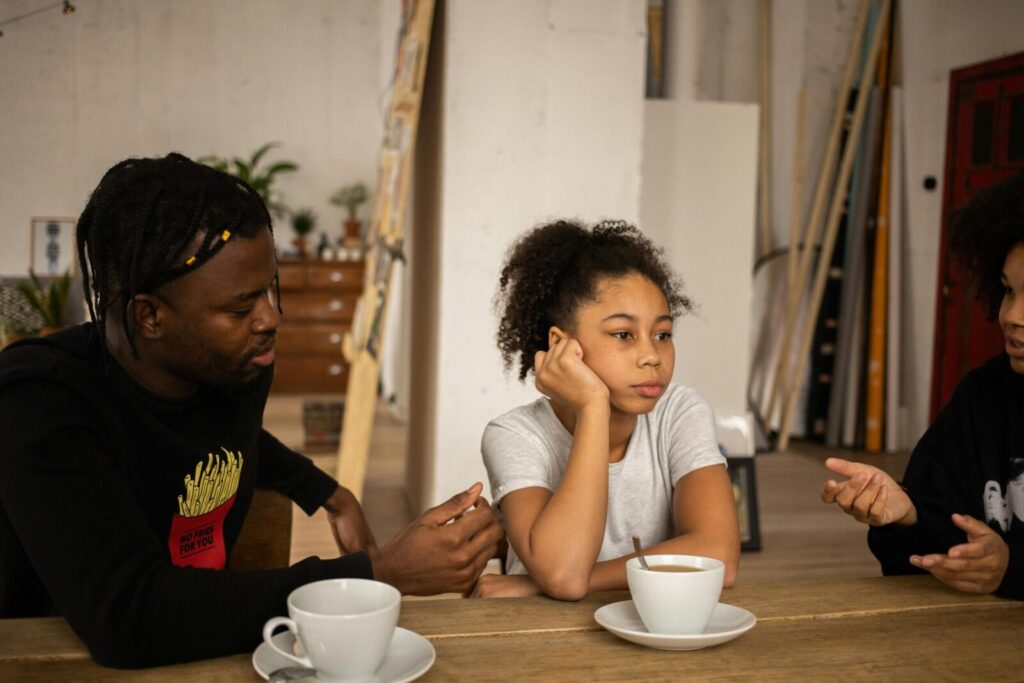
By the early 1990s, family therapists noted how using kids to relay messages, especially hostile ones, creates stress and confusion. It forces them into adult roles, burdening them with emotional responsibility they shouldn’t carry. Whether about money, schedules, or grievances, this habit teaches children to avoid communication altogether. Direct dialogue between parents is healthier and prevents resentment from forming in young minds already processing big emotional changes.
3. Ignoring Their Emotional Needs
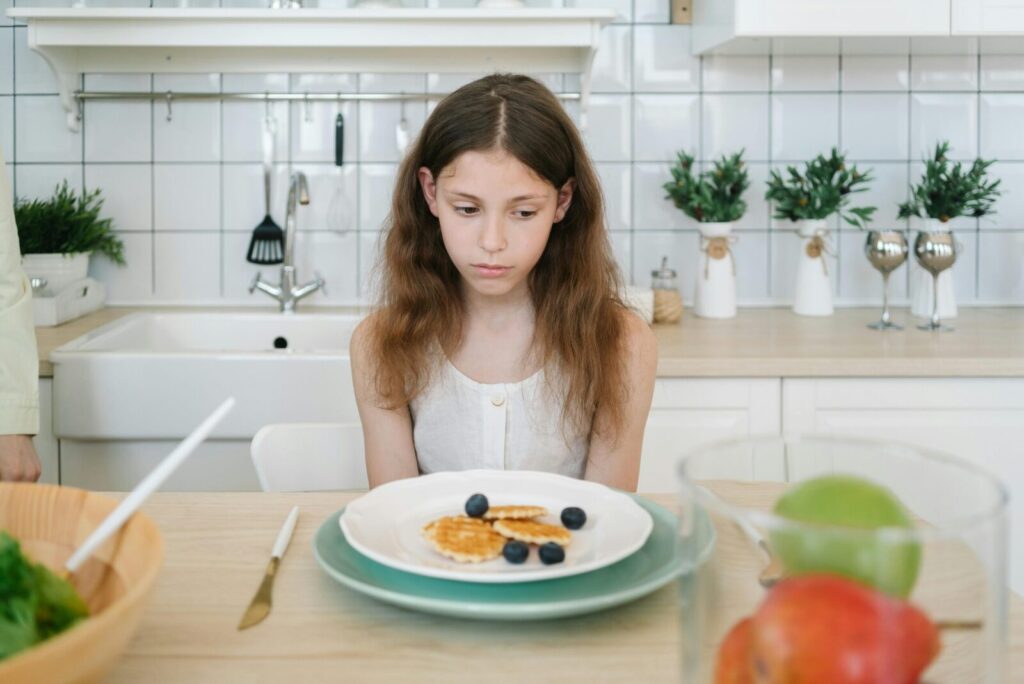
After the Children’s Adjustment to Divorce Study in 1991, psychologists emphasized that children often mask sadness or anxiety to avoid adding pressure. When parents overlook these subtle signals, it deepens loneliness and fear. Kids need validation that their feelings matter. Checking in regularly, listening without judgment, and offering consistent reassurance helps heal emotional wounds. Neglecting this step can make children withdraw, believing their emotions are less important than parental conflict.
4. Overcompensating With Gifts

Since the mid-1990s, studies have shown that divorced parents often over-gift to reduce guilt or prove love. But showering children with toys or privileges doesn’t replace emotional stability. It may even create entitlement or confusion about love’s meaning. Children crave consistent affection, not material rewards. Instead of competing through spending, parents should invest time and attention. Shared experiences, like a weekend walk or meal together, have far more lasting emotional value.
5. Fighting in Front of the Kids

Research in the early 2000s linked visible conflict to higher stress and lower self-esteem in children of divorce. When parents argue openly, it creates fear and insecurity. Children might think they caused the fight or that love always leads to anger. Keeping disagreements private and speaking calmly teaches emotional control. Modeling respectful problem-solving shows kids that even in separation, civility and care can coexist, easing long-term anxiety and confusion.
6. Not Setting Consistent Rules
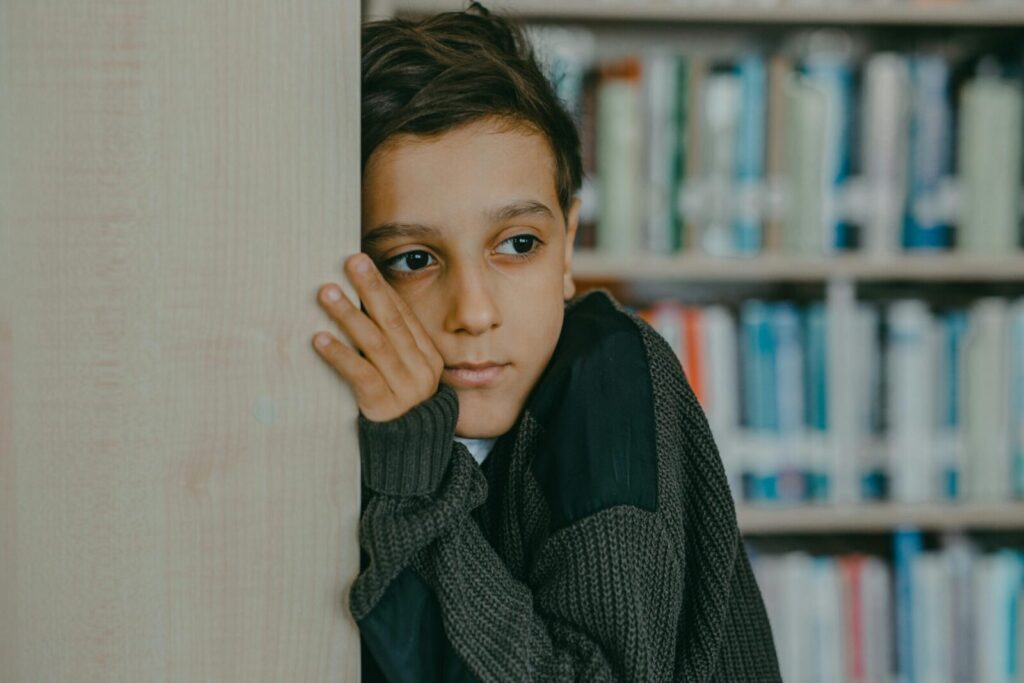
When homes have different rules, children struggle to adapt. This issue became widely recognized in co-parenting studies around 2005. One parent might allow freedoms that the other restricts, creating confusion and rebellion. Consistency between households builds stability and respect. Setting shared boundaries, like bedtimes or screen limits, prevents manipulation and strengthens trust. Children thrive when both homes feel secure and predictable, not when one becomes a “fun escape” from structure.
7. Refusing to Communicate

Post-divorce silence between parents was first noted as damaging in early co-parenting workshops. When parents stop talking altogether, logistical and emotional chaos follow. Children may feel responsible for keeping things running smoothly, which breeds anxiety. Even if emotions are raw, maintaining polite, factual communication benefits everyone. Tools like shared calendars or parenting apps can help keep coordination neutral, preventing children from feeling like go-betweens or peacekeepers.
8. Rebounding Too Quickly

Bringing a new partner into children’s lives too soon can backfire. Psychologists began warning about this in the early 2010s when family adjustment studies showed kids felt replaced or forgotten. Children need time to process the divorce before adapting to new family dynamics. Introducing partners gradually, with honesty and reassurance, avoids resentment. Children shouldn’t feel they’re competing for attention or that their parents’ love has conditions based on adult relationships.
9. Ignoring Co-Parenting Boundaries
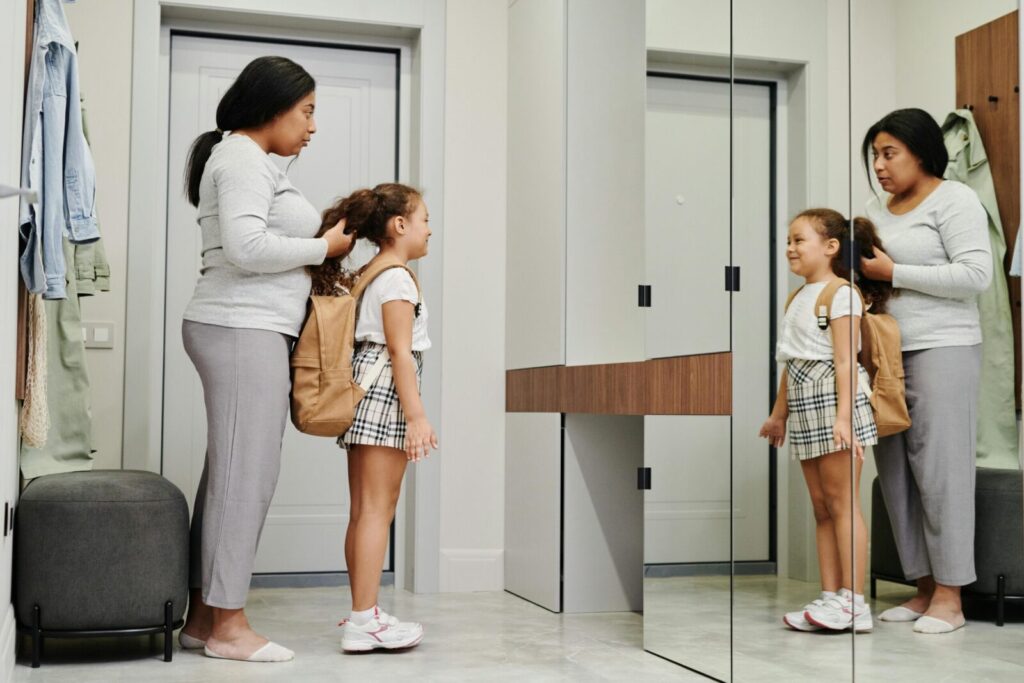
Boundaries are crucial, and since the rise of shared custody models in 2007, experts stress respecting the other parent’s space. Overstepping, like dropping by unannounced or criticizing parenting choices, breeds tension. Kids notice these patterns and may withdraw to avoid conflict. Setting clear communication times and respecting personal boundaries fosters cooperation. Children benefit most when both parents operate as a team, even when they live separate lives.
10. Guilt-Tripping the Child
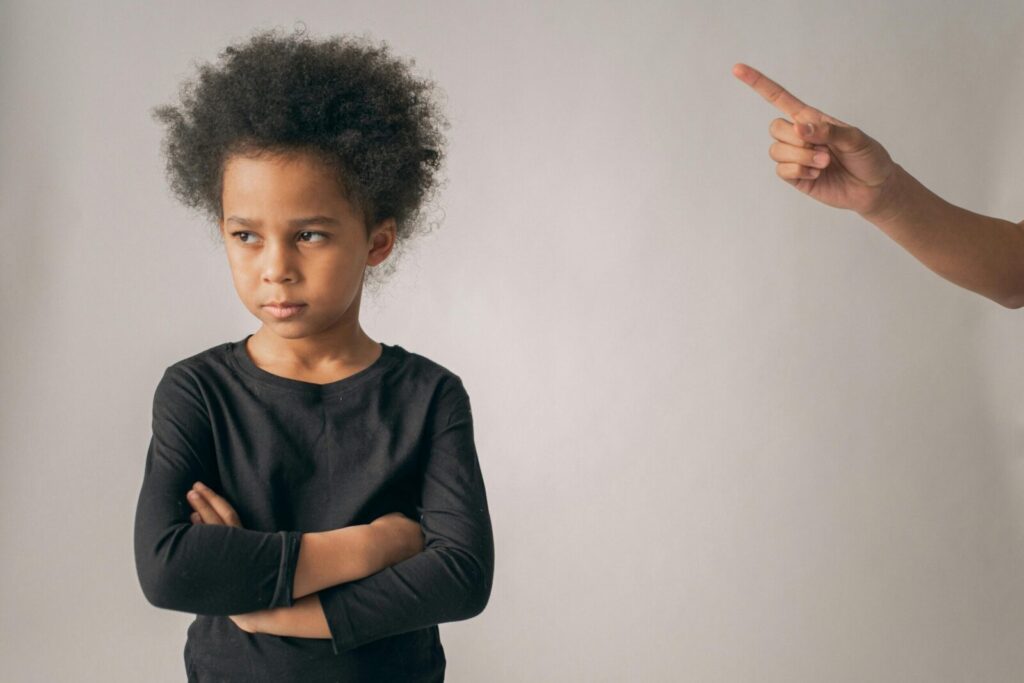
Guilt-tripping became a highlighted issue in 2013 as family counselors reported rising emotional fatigue among children of divorce. Subtle remarks like “you never call me” or “you love your dad more” create guilt-driven loyalty. This damages emotional freedom and causes kids to distance themselves to escape the pressure. Parents should express love positively, without emotional manipulation. Honest, unconditional affection builds lasting connections instead of fear-based attachment.
11. Denying the Child’s Right to Both Homes
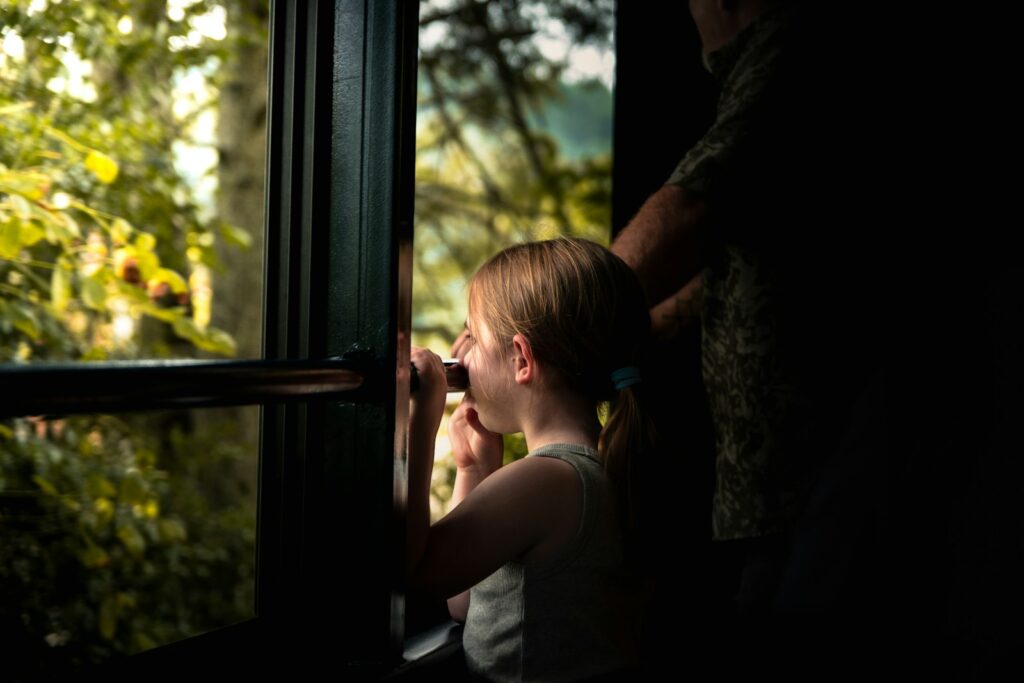
After the 2015 shared custody reform studies, experts emphasized the child’s right to love both homes equally. When one parent discourages visits or subtly rewards loyalty, children feel torn. This creates silent resentment and mistrust. Supporting healthy relationships with both parents shows maturity and security. It teaches children that love isn’t limited by separation and that both homes can remain safe spaces filled with acceptance and care.
12. Not Seeking Professional Help When Needed

By 2018, family therapists urged parents to seek counseling early after divorce, yet many still avoid it. Children sense tension and confusion even if parents believe they’re hiding it well. Ignoring therapy or guidance can lead to behavioral or emotional struggles later. Professional help isn’t a sign of weakness; it’s an investment in healing. Early support gives both parents and children tools to rebuild communication and emotional balance.
13. Comparing Children to the Other Parent
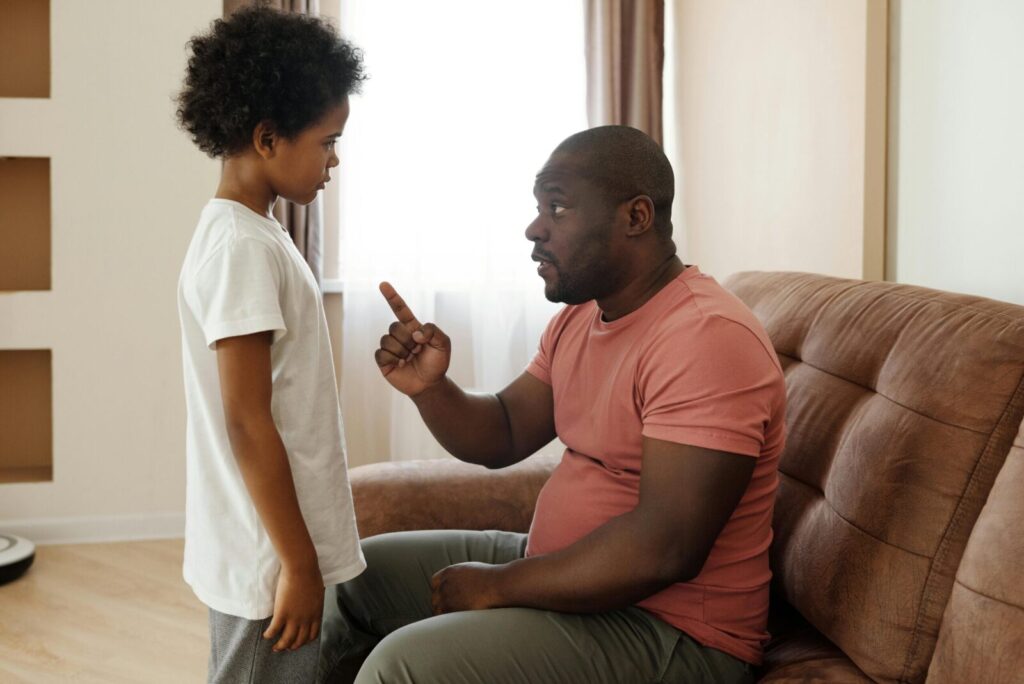
Comparisons like “you act just like your father” or “you’re stubborn like your mother” can sting deeply. Around 2016, family psychologists began warning about how this language transfers blame. Children internalize criticism and feel ashamed of half their identity. Instead of comparisons, focus on individuality and strengths. Children need to feel loved for who they are, not measured by the traits of a parent they had no control over choosing.
14. Neglecting Family Traditions
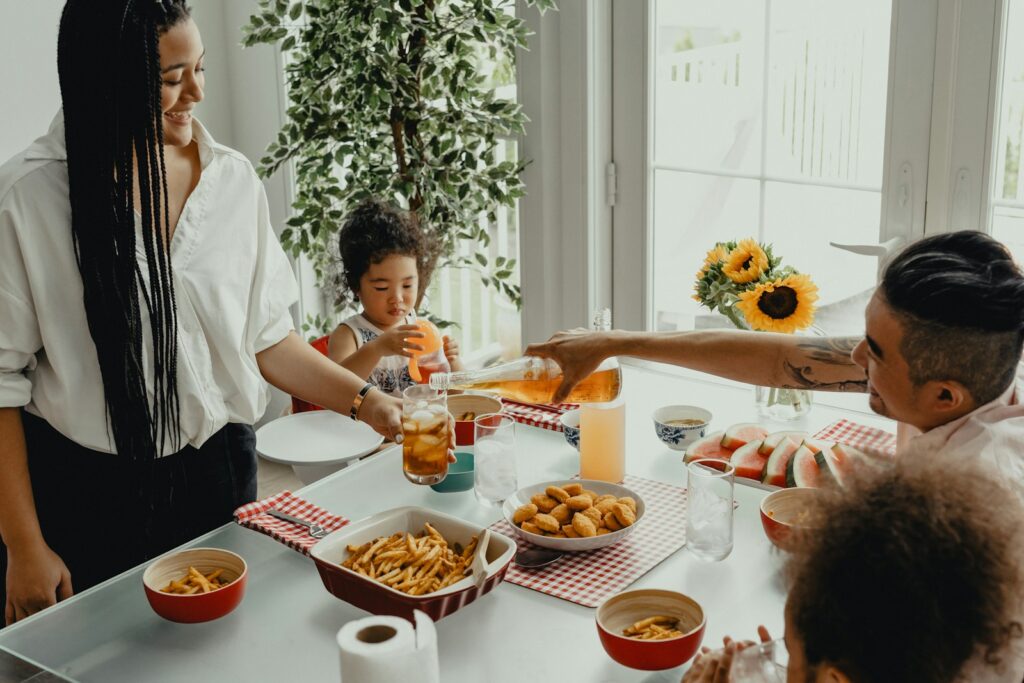
When divorce disrupts long-standing traditions, children lose a sense of continuity. Studies on family rituals in the late 2000s showed how maintaining familiar activities like weekend breakfasts or holiday routines offers stability. Dropping these traditions may make kids feel their past no longer matters. Even small gestures like movie nights or shared meals can preserve connection and reassure children that love, care, and belonging continue beyond separation.
15. Refusing to Forgive
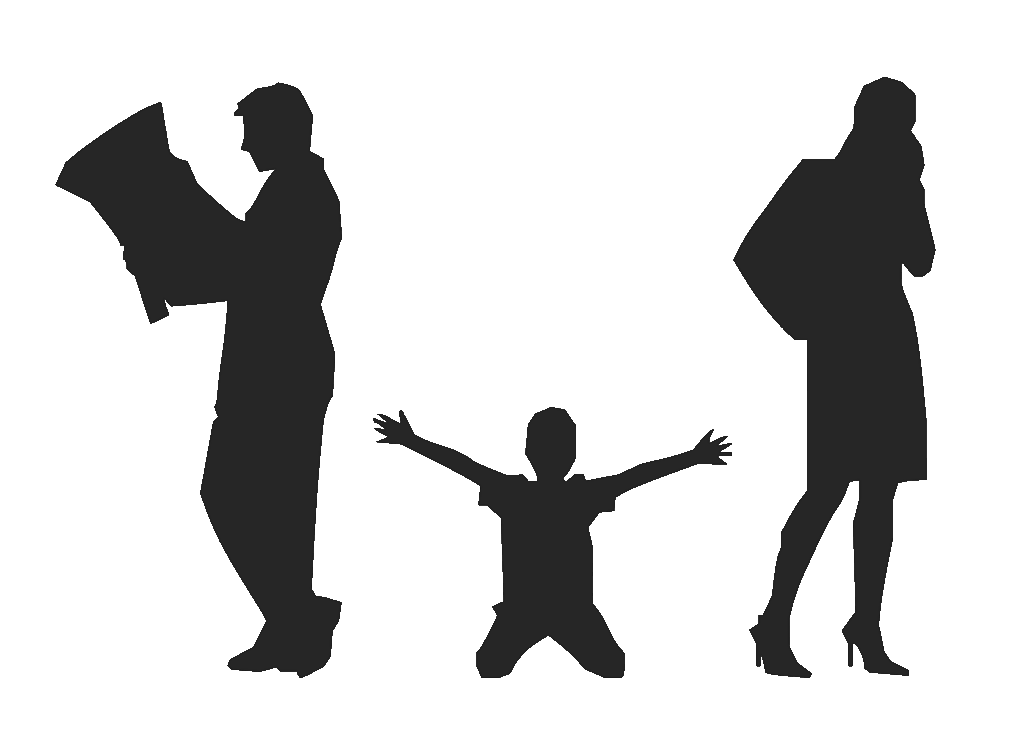
Holding onto resentment, even silently, affects children more than most realize. When forgiveness is withheld, tension lingers in every interaction. Kids absorb emotional cues, sensing bitterness even in polite exchanges. Experts since 2020 have reaffirmed that forgiveness doesn’t excuse past pain; it frees families to move forward. Letting go of anger sets a powerful example, showing children that peace and healing are possible after even the hardest endings.
Comments